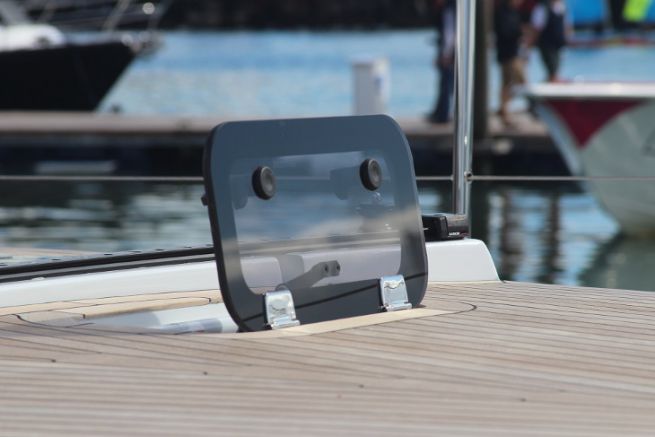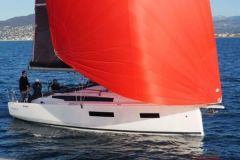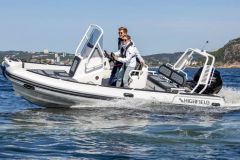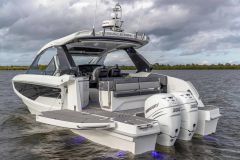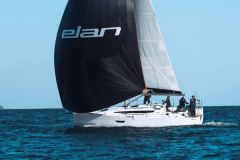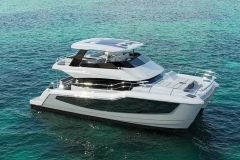Brexit: strong logistical impacts on the import of recreational equipment
While some boat importers such as RIBCraft claim not to be impacted by the effects of Brexit, many industry contacts report significant difficulties since the UK's departure from the European Union. The first obstacle is logistical, with the re-establishment of control of imported equipment and processing by customs. The administrative delays are still poorly controlled and have not been anticipated by the British. "The tracking of the carriers is not working well. Even with suppliers like Spinlock, who are very square and have anticipated the administrative process, we can have parcels that left on January 6 that only arrive on February 20. And sometimes, out of 10 parcels, we can have one that goes through without an invoice and VAT collection", says Patrick Carro, manager of the distributor Interdist, "Many suppliers did not believe in it and were not prepared. The flows have not yet returned, but we hope that it is temporary and that everyone will get in line. We have taken a big step backwards of 30 years, but we were lucky to be supported by the business unit of the customs of Poitiers who were real partners to solve blocking problems" summarizes Thierry Lambot of the importer Tecmar.
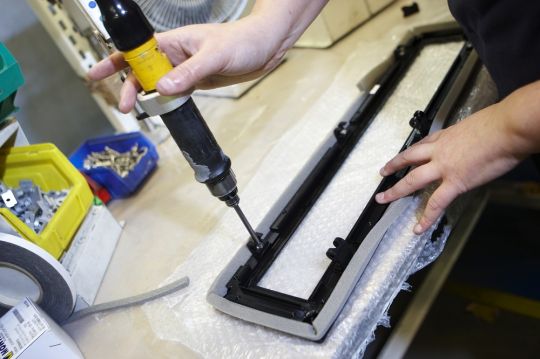
Additional costs and complexity for shipyards and ship chandlers
The impact of Brexit is also financial. Products are now subject to customs duties and a new VAT management regime. Importers have had to pass on some of these costs, while absorbing some by reducing their margins. "For a brand like Gill where we are agents. The customer is delivered directly from the UK warehouse. Each delivery is an import and the customer has to advance VAT and pay customs clearance fees. For the distribution part, we had to increase our stocks and limit the small orders, to have less costs to pass on. Before, we used to restock every week at Spinlock" explains Patrick Carro.
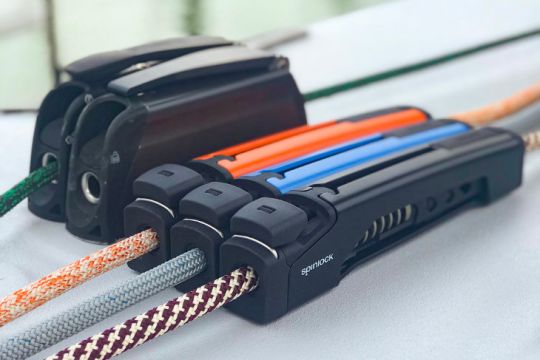
Strong brands in the yachting industry that will have to adapt
While adaptations will be necessary, the British will retain a strong role, particularly in the fittings. "We are pushing for the opening of a warehouse in the Union with our suppliers. Before, it was an advantage to have stock in England, within the EU, available quickly all year round. This is no longer the case," says the Interdist manager.
"For a brand as strong as Lewmar, we are not going to go looking for other brands, but rather we are going to think about direct import solutions when it is not produced in the United Kingdom, or about logistics platforms. Today, we have anticipated by making stock to prepare the season. The problem will be more in June when a yachtsman will have broken his part and we must not spoil his vacations. We will have to find alternative solutions. It is the companies that know how to provide service that will make the difference" concludes the director of Tecmar.

